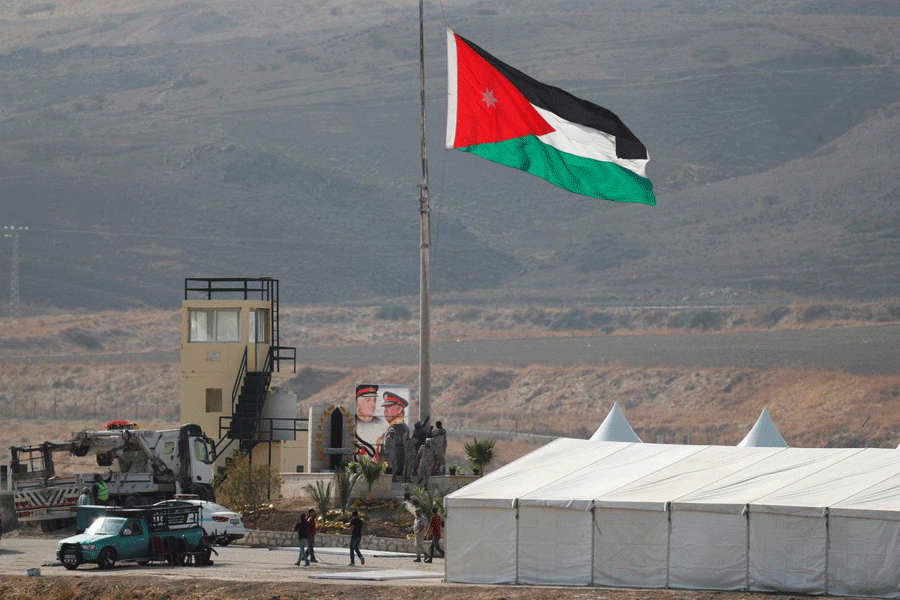It has been a bitter harvest for some Israeli farmers on the border with Jordan. On Sunday, a 25-year-old deal between the two countries that has allowed them to cultivate land there formally expires, according to Reuters.
Under the deal, part of the 1994 Jordan-Israel peace treaty, two territories straddling the border were recognized as under Jordanian sovereignty but with special provisions allowing Israeli farmers to work the land and visitors to tour the Isle of Peace park in the area.
But in 2018, Jordan said it did not want to continue the arrangement, in what was widely seen as a sign of increasingly strained diplomatic relations.
“It was like a punch to the face,” said Eli Arazi, 74, a farmer whose kibbutz, or agricultural community, worked one of the land parcels that in Hebrew is called Naharayim and in Arabic, Baqoura.
Naharayim, which means “two rivers” in Hebrew, straddles the confluence of the Yarmouk and Jordan rivers. Israelis trace private ownership rights there to the 1920s, when the territory was part of British-mandated Palestine.
Arazi said his kibbutz, Ashdot Yaacov Meuhad, had been growing crops there for 70 years, including olives, bananas, avocados.


